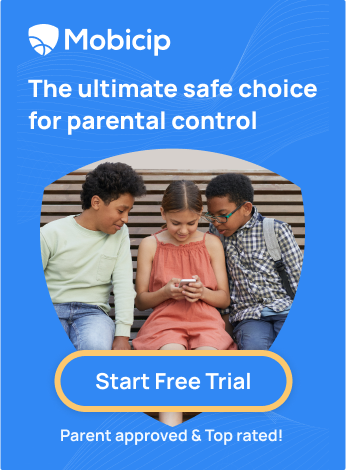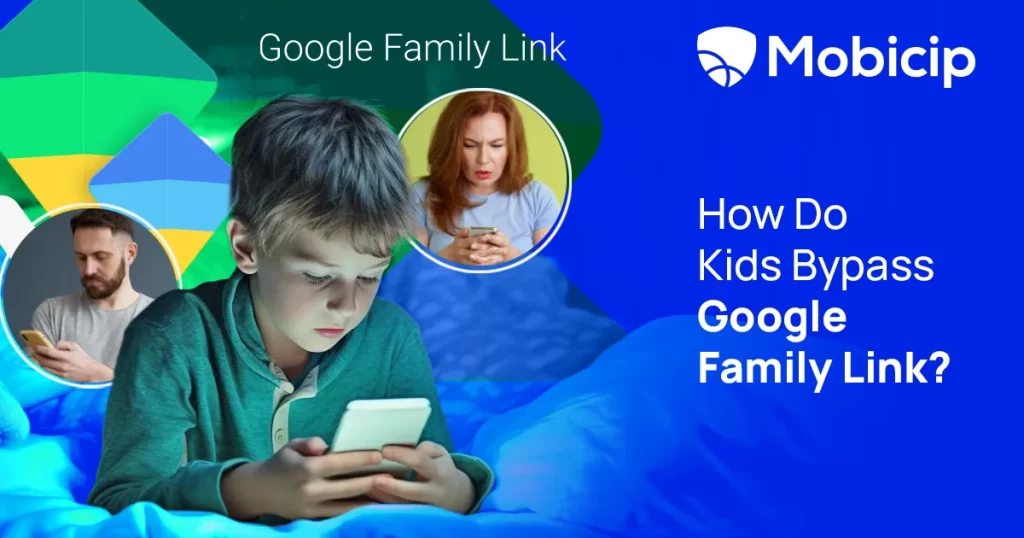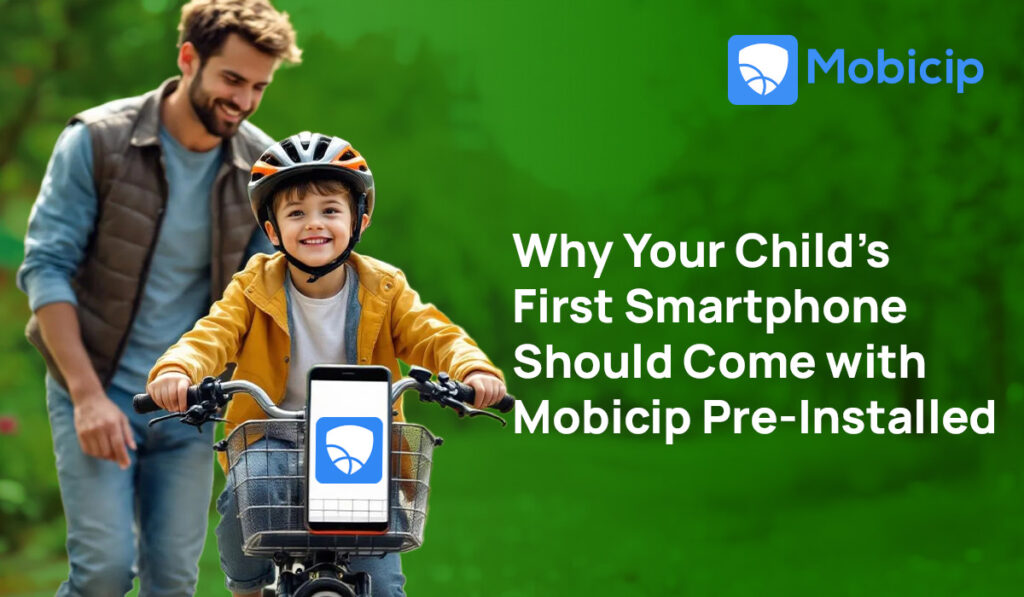October – Cybersecurity Awareness Month

October is recognized as Cybersecurity Awareness Month, an annual initiative designed to raise awareness about the importance of protecting ourselves and our digital spaces. This year’s Cybersecurity Awareness Month emphasizes the vital role of government entities and small to medium-sized businesses in protecting the systems and services that keep communities running. Under CISA’s banner of “Building a Cyber Strong America,” these organizations are encouraged to strengthen their cyber defenses to safeguard critical infrastructure and enhance national resilience.
This month serves as a reminder that, while the official focus is on businesses and government entities, individuals and families are equally important in prioritizing digital safety, adopting best practices, and staying informed about emerging online threats. For parents and guardians, it’s especially important to ensure that children are protected while exploring the internet, given the prevalence of unsafe content and online interactions.
Tools like Mobicip can play a vital role by offering comprehensive parental controls, content filtering, safe browsing, and activity monitoring, helping families create a secure online environment while teaching children responsible internet habits. By participating in Cybersecurity Awareness Month, everyone can take steps toward a safer digital world.
What is Cybersecurity Awareness Month?
Cybersecurity Awareness Month, observed every October, is a global initiative aimed at promoting safe and responsible use of technology. It was first launched in 2004 by the U.S. Department of Homeland Security in partnership with the National Cyber Security Alliance, and has since grown into a worldwide effort supported by governments, nonprofits, and tech companies. The purpose is simple: to educate people about the growing risks in the digital world and empower them to take proactive steps to protect themselves, their families, and their businesses. With technology now an integral part of everyday life—from online banking to remote learning—the month highlights the importance of vigilance in safeguarding personal and organizational data.
Role of Key Players
- Government agencies: Governments provide policies, guidelines, and nationwide campaigns to help citizens understand the latest cyber threats. They also coordinate initiatives that encourage businesses and educational institutions to adopt strong cybersecurity practices, ensuring a more secure digital ecosystem.
- Nonprofits: Nonprofit organizations focus on outreach and education, often targeting vulnerable populations such as children, seniors, and small businesses. They develop resources, workshops, and training programs to make cybersecurity knowledge accessible and actionable.
- Tech companies: Technology firms contribute by designing safer products, offering security tools, and sharing best practices. Their role includes providing software updates, creating secure platforms, and educating users about emerging threats like phishing, ransomware, and identity theft.
Key Objectives
- Education: The month aims to teach individuals and organizations how to identify and respond to cyber risks. This includes understanding safe browsing habits, recognizing suspicious emails, and knowing what steps to take if a security breach occurs.
- Prevention: Encouraging proactive measures is central to the initiative. Using strong passwords, enabling multi-factor authentication, regularly updating software, and securing home networks are examples of steps that reduce the likelihood of cyber incidents.
- Awareness: Raising awareness means keeping people informed about the constantly evolving landscape of cyber threats. This includes highlighting new types of malware, social engineering tactics, and online scams, so individuals and organizations can stay vigilant and prepared.
Why Cybersecurity Matters Today
Every day, individuals, families, and businesses face a growing range of online threats, from phishing emails designed to steal personal information, to ransomware attacks, and identity theft that can take years to resolve. These threats are becoming more sophisticated, targeting everyone from children and casual internet users to large corporations.
Rising Cyber Threats
- Phishing: Fraudulent messages trick users into sharing sensitive information like passwords or credit card numbers.
- Ransomware: Malicious software blocks access to data or devices, demanding payment for release.
- Identity Theft: Cybercriminals steal personal information to commit financial fraud, open accounts, or damage reputations.
Cybercrime costs the global economy billions of dollars annually, with incidents reported every 11 seconds on average. Reports show that attacks on individuals and small businesses are increasing faster than ever.
Consequences of Weak Digital Hygiene
- Financial losses from stolen banking or credit information.
- Loss of privacy and exposure of sensitive personal data.
- Damage to reputation or professional credibility.
- Emotional stress and long-term complications from recovering stolen identities.
Why Cybersecurity is Important for Children and Teens
Children and teens are spending more time online than ever before, using devices for learning, socializing, gaming, and entertainment. While the internet offers incredible opportunities, it also exposes young users to risks that they may not fully understand. Cybersecurity is especially important for this age group because they are often more trusting, less experienced with online threats, and more likely to share personal information or click on unsafe links.
Key Risks for Children and Teens:
- Exposure to inappropriate content: Children may encounter violent, sexual, or otherwise harmful material without proper safeguards.
- Online predators and scams: Young users can be targeted by individuals seeking to manipulate or exploit them.
- Cyberbullying: Social media, chat apps, and online games can facilitate harassment, which can affect mental health and self-esteem.
- Privacy risks: Teens often share personal details that could lead to identity theft or misuse of information.
Why Early Cybersecurity Education Matters:
- Helps children develop safe online habits that last into adulthood.
- Encourages responsible digital behavior, like thinking before sharing information or clicking links.
- Protects families from broader risks such as financial fraud or exposure of sensitive household information.
How to Participate in Cybersecurity Awareness Month
Participating in Cybersecurity Awareness Month is simple, yet impactful.
- Join online campaigns: Engage with initiatives using hashtags like #CyberAware. Stay informed, share resources, and connect with the broader cybersecurity community.
- Attend webinars or local events: Many organizations and schools host virtual or in-person events focused on teaching cybersecurity best practices, safe internet usage, and emerging threat awareness.
- Share tips and resources on social media: Posting advice, articles, or tutorials encourages followers to take cybersecurity seriously.
How Mobicip Can Help
Mobicip is a powerful tool designed to help families navigate the digital world safely. It provides parents with the ability to guide children’s online experiences, creating a secure environment while promoting responsible digital habits.
- Safe Browsing: Filters out inappropriate websites and content automatically, ensuring children access age-appropriate material.
- Screen Time Management: Allows parents to set daily limits or schedules, helping kids balance online and offline activities.
- App Monitoring and Control: Lets parents track app usage, block harmful apps, and encourage productive digital engagement.
- Activity Reports: Provides insights into browsing history and online behavior, helping parents identify potential risks or concerning patterns.
- Location Tracking: Offers peace of mind by showing children’s device locations in real-time.
- Customizable Controls: Parents can tailor settings for different age groups or individual children, making protection flexible and practical.

There’s more. Mobicip has been named the Best Budget Parental Control App by Forbes Vetted, a recognition that reflects its balance of quality and affordability. It’s a nod to how parents can keep kids safe online without breaking the bank.
With Mobicip, families can create a safer online environment while teaching children how to navigate the internet responsibly. Make digital safety an ongoing, manageable part of everyday life.
Conclusion
Cybersecurity Awareness Month is more than a campaign—it’s an opportunity to build lasting habits that strengthen our online resilience. By taking small, proactive steps, individuals, families, and organizations can foster safer digital environments, protect personal information, and empower children and teens to navigate the internet confidently. Participating in this month ensures that knowledge and vigilance are passed along to peers and communities. The practices promoted during October lies the groundwork for a culture of digital mindfulness. Embracing these principles not only safeguards our devices and data but also opens the door to a more confident, informed, and positive experience in the online world. By acting now, we invest in a safer, smarter, and more secure digital future for ourselves and generations to come.





